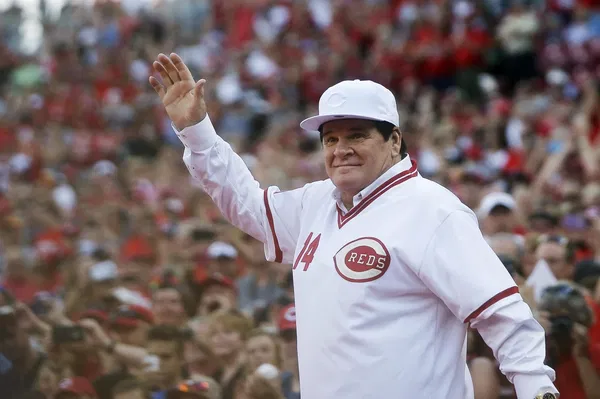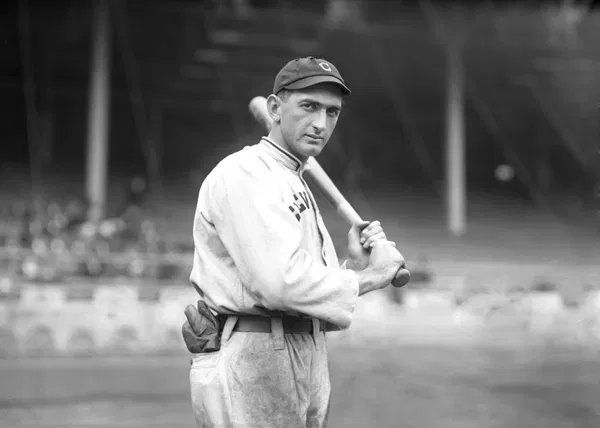
Pete Rose’s Reinstatement: Justice Served or Political Maneuver?
For decades, Pete Rose symbolized grit and determination in baseball. Nicknamed “Charlie Hustle,” he was relentless on the field and carved his name into the sport’s history books. But his lifetime ban from Major League Baseball for gambling cast a long shadow over his legacy. That exile appeared to be permanent—until recently. Now, in a surprising twist, MLB has lifted Rose’s ban, raising serious questions about the motives behind the move. Was it public sentiment finally tipping the scale? Or did pressure from former President Donald Trump play a role?
<strong>Why Now? The Role of Politics and Public Image</strong>
MLB Commissioner Rob Manfred, known for his calculated decisions, faced mounting criticism from fans and media alike. Add to that pressure from Trump—who had privately discussed the matter with Manfred—and the situation became politically charged. Reinstating Rose allowed the commissioner to avoid a potentially embarrassing clash with the former president, especially as the league navigates sensitive issues like antitrust exemptions and the rollout of a direct-to-consumer streaming platform.
Not everyone is applauding the move, however. Prominent journalist Ken Rosenthal criticized the decision, suggesting it was less about fairness and more about avoiding political fallout. He speculated that Manfred’s motive was to protect MLB’s interests amid government scrutiny and pressure from Trump, who has a history of publicly calling out leaders who oppose him. According to Rosenthal, the risk of Trump threatening MLB’s antitrust protection likely influenced the commissioner’s actions.

<strong>What Was Said—and Left Unsaid</strong>
When asked about his meeting with Trump, Manfred confirmed the discussion but remained vague. “I met with President Trump two weeks ago, and one of the topics was Pete Rose, but I’m not going beyond that,” he said. His carefully worded response fueled speculation that the decision to lift the ban was politically motivated.
Baseball has never been free from politics, but the timing of this decision adds a layer of intrigue. Rose’s reinstatement could be a strategic move to shift public focus and avoid broader political disputes.
<strong>Beyond Rose: A Ripple Effect</strong>
The implications extend beyond Pete Rose. MLB also removed Shoeless Joe Jackson and 15 other deceased players from the permanently ineligible list. The rationale? Since they’re no longer alive, they can’t influence the integrity of the game, making it fair to reconsider their Hall of Fame eligibility.
Shoeless Joe Jackson’s case is especially compelling. Despite his alleged involvement in the 1919 Black Sox scandal, he posted stellar numbers during that World Series—hitting .375, driving in six runs, and scoring the team’s only home run. With a career batting average of .356, the fourth highest in MLB history, Jackson now has a shot at Hall of Fame induction when the Classic Baseball Era Committee meets in December 2027. He’ll need 75% of the vote to be selected.
<strong>Mixed Reactions From Fans and Analysts</strong>
Unsurprisingly, the decision has sparked heated debate. Some believe Rose and Jackson deserved recognition long ago and see this as long-overdue justice. Others argue it’s too little, too late—acknowledging these players only after their deaths diminishes the significance of their reinstatement.
Still, the move opens the door to more nuanced conversations about justice, legacy, and how baseball defines integrity. Whether motivated by forgiveness, politics, or both, the story of Pete Rose—and now Shoeless Joe Jackson—is far from over. It continues to challenge the way fans and officials view accountability and redemption in one of America’s most cherished sports.